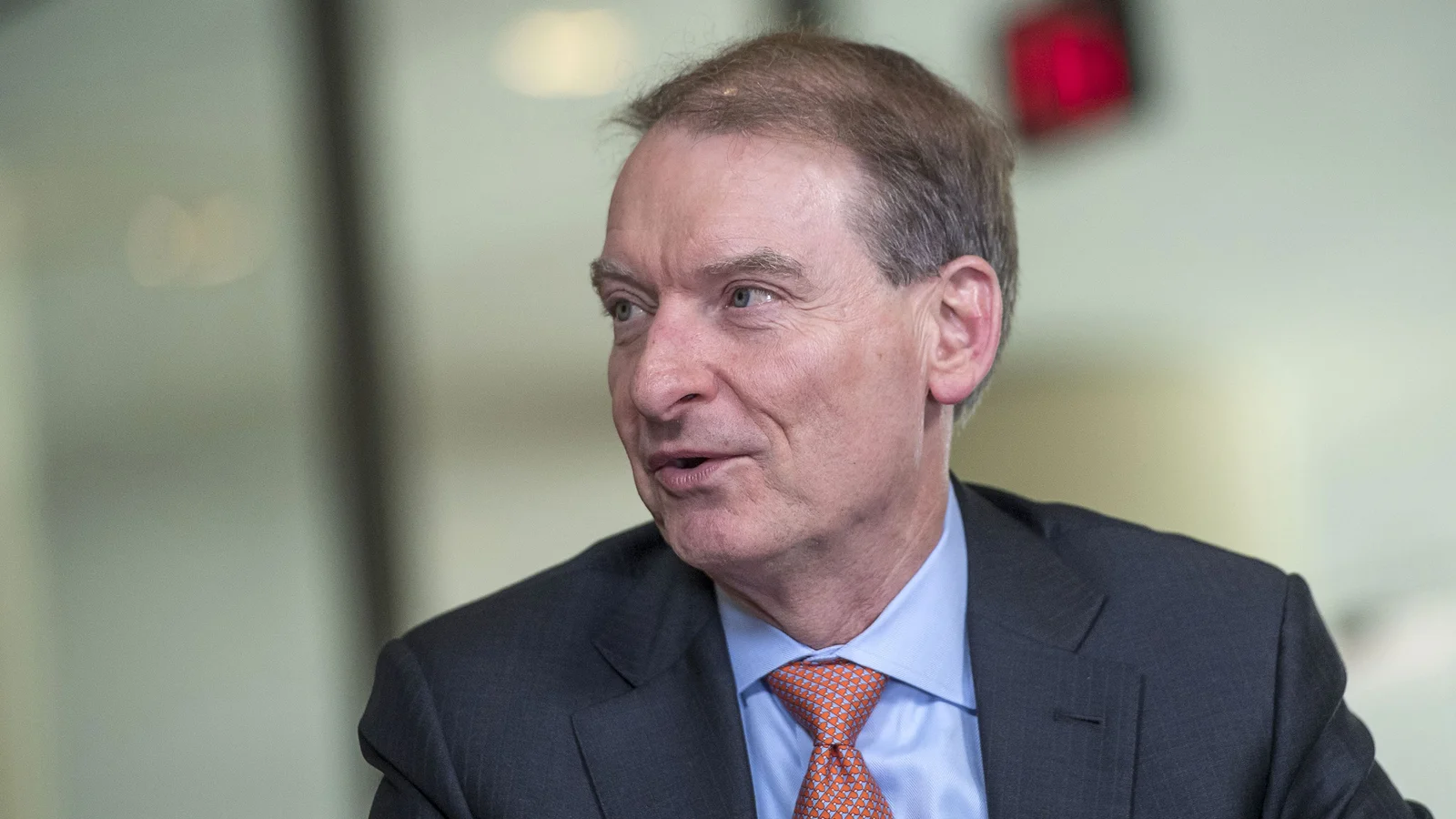SEC Chairman Paul Atkins, speaking at the DC Fintech Week event in Washington, DC, described the cryptocurrency and tokenization sectors as the agency's "top priority." Atkins emphasized the need to establish a clear, long-term regulatory framework that supports innovation in the crypto industry. "We want to establish a strong framework for innovation to thrive; we need to attract entrepreneurs who have fled America back here," he said. He added humorously, "You can now think of us as the Securities and Innovation Commission."
SEC Chairman Issues Statement on Cryptocurrencies
Atkins's statements were interpreted as a sign of a significant shift in the SEC's approach to crypto. Atkins, who took office in April, is moving away from the "regulation through litigation" approach of his predecessor, Gary Gensler. During Gensler's tenure, the SEC had argued that most crypto assets should be considered securities and filed harsh lawsuits against major companies like Binance, Coinbase, and Ripple. This approach was frequently criticized by the industry as a policy that "stifled innovation." Atkins, on the contrary, aims to introduce clear and predictable rules that encourage development in the crypto and blockchain space. In June, he discussed a new regulatory model he called the "innovation exemption." Atkins stated that this exemption would allow blockchain-based products and services to be brought to market more quickly and could be implemented by the end of the year.
At DC Fintech Week, he further elaborated on this idea, discussing a system he calls a "super-app." He explained that this system could bring different regulatory agencies involved in crypto under a single digital umbrella. "You shouldn't have to register separately with agencies focused on the same goal," he said, outlining his intention to reduce bureaucratic burden. This vision aims to simplify regulatory processes and establish a more transparent and accessible financial structure on blockchain.
Atkins also stated that distributed ledger technology (DLT) is the most exciting aspect of the crypto industry. In his view, this technology has the potential to transform the fundamental structure of the financial system.
Meanwhile, the SEC is currently operating under limited operating conditions due to a government budget dispute. Congress's failure to reach a funding agreement has forced the SEC, like many other federal agencies, to operate with limited personnel. The agency operates with a small staff that can only respond to emergencies.
Atkins's tenure as president also coincides with internal transparency debates. Allegations that some past messages were accidentally deleted have raised questions about information security and recordkeeping.
Amidst these developments, Atkins emphasized a more lenient regulatory approach. He stated that companies will now be issued warnings rather than direct penalties for technical violations. This policy change represents a shift away from the "first lawsuit, then explanation" approach of the past.
The SEC has also launched a new initiative called "Project Crypto." This project aims to establish clear rules for crypto companies, update token classifications, and streamline compliance processes. This framework aims to balance both investor protection and innovation.
Atkins's approach could re-establish trust in crypto in the US. Clear rules and a fair regulatory structure are a welcome signal to entrepreneurs who have long complained of uncertainty. However, for this transformation to be permanent, both congressional support and structural reforms within the SEC are required.




